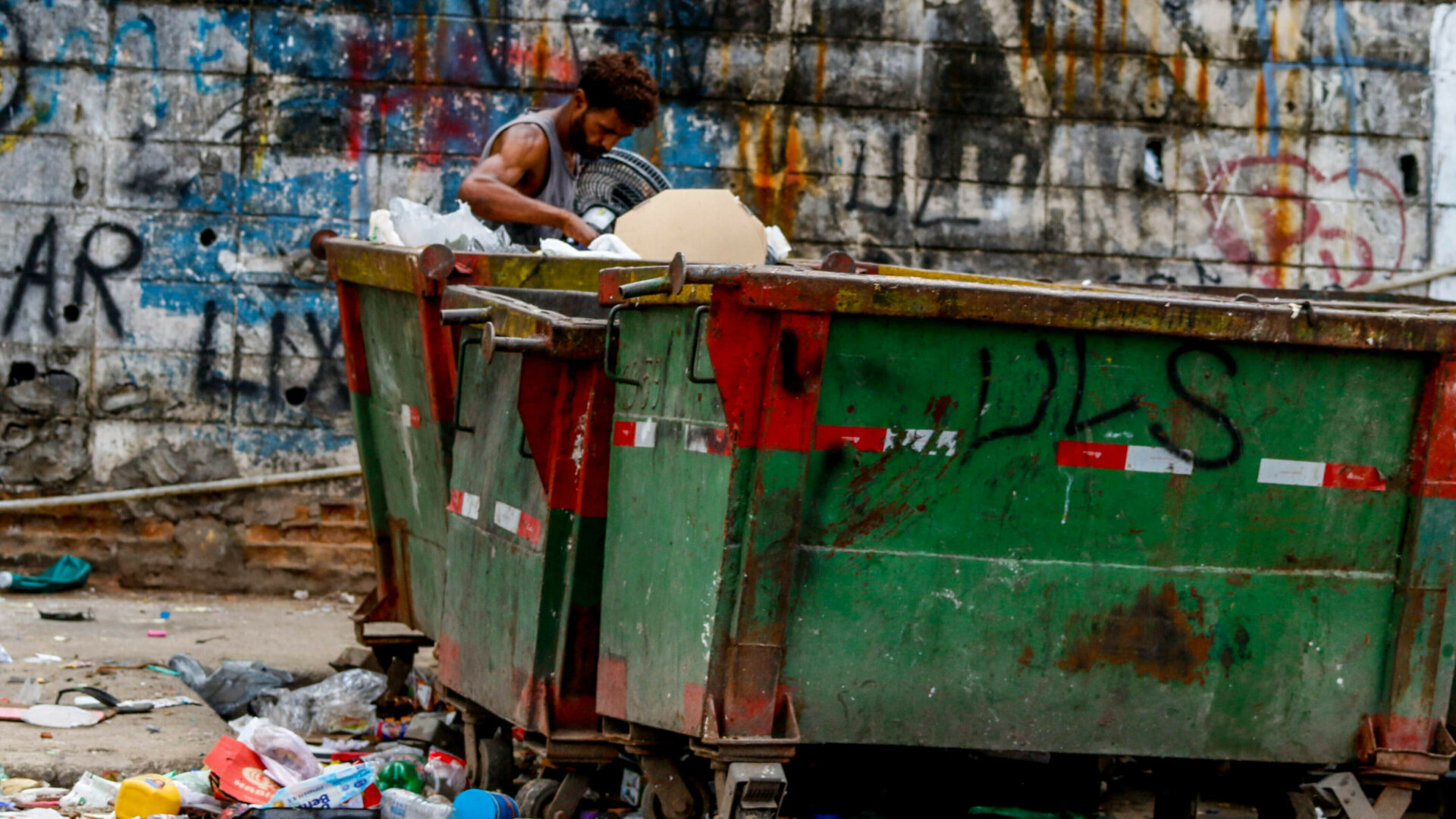The Brazilian government on Monday launched a national plan to help the country’s growing homeless population.
The policy will allocate nearly BRL 1 billion (USD 202 million) to provide welfare, food security, healthcare, housing, and access to the labor market for the growing contingent of people experiencing homelessness around the country.
A December 2022 study by the government-led Institute of Applied Economic Research (Ipea) estimated Brazil’s homeless population at around 281,000 people. These findings are based on municipal surveys of populations living on the street but they are far from precise. Only about 2,000 of Brazil’s 5,570 municipalities count their homeless.
Still, it is hard to deny that the homelessness crisis is becoming more acute. The country’s homeless population has tripled in the past decade, over which time Brazil struggled through the two worst recessions in its history and a deadly pandemic.
Getting accurate figures on a population living on the margins is no easy task, as many people experiencing homelessness fall through the cracks of official databases. Women with young children, for example, tend to avoid making their homelessness “official” for fear of losing custody of their kids.
However, a new study by Ipea shows that Brazil has done a better job of counting this marginalized population. The number of unhoused people on the federal registry for welfare programs has increased tenfold in the past decade.
“The registry is the main tool for monitoring the situation of low-income families and individuals,” says Marco Natalino,...


 Search
Search






































